With the rapid development of artificial intelligence, embedded systems, the Internet of Things, big data, cloud computing, and 5G technology, the new generation of information technology, represented by artificial intelligence, is assisting traditional industries in their digital and intelligent transformation and upgrading. This has led to the intersection and mutual penetration of technologies across various fields, creating a new form of “digital intelligence” that integrates multiple technologies.
To gain a deeper understanding of the entry thresholds and specific requirements for talent demand related to artificial intelligence in enterprises, and to better optimize talent cultivation programs and improve curriculum systems, a new model for cultivating composite talents in “artificial intelligence + profession” was explored. From May 19 to May 21, Vice Dean Ji Jianhua of the School of Information and Intelligent Engineering led the heads of the Communication, Telecommunications, and Internet of Things majors to conduct on-site research at the Baike Rongchuang (Shandong) University Student Public Internship and Practice Industry-Education Integration Service Base. The aim was to explore solutions to the mismatch between industry demand and talent supply, thereby fostering the cultivation of innovative, application-oriented, and high-quality composite talents.
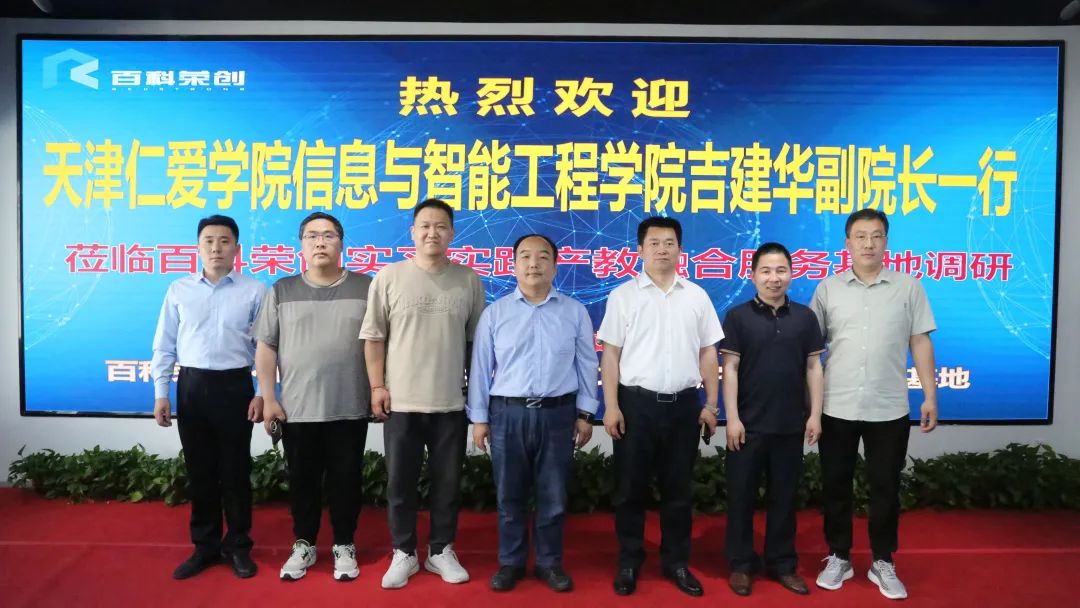
As a well-known provider of talent cultivation solutions for the intelligent upgrading and transformation of traditional industries through the new generation of information technology, Baike Rongchuang has been committed to cultivating composite talents in AI + electronic information hardware and software, building a bridge between industry demand and the cultivation of application-oriented talents in higher education.
During the research seminar, General Manager Zhang Mingbo of Baike Rongchuang reviewed the past cooperation with our school and expressed the willingness to deepen collaboration. Deputy General Manager Shi Lang first analyzed the current supply and demand situation of talents in China’s artificial intelligence industry, pointing out that the new generation of information technology industry has high requirements for the core capabilities of skilled talents, while the current talent cultivation structure in universities is severely disconnected from actual social needs. He then introduced solutions for building composite majors oriented towards industry application scenarios, innovative practical teaching solutions for “artificial intelligence + X”, and teaching solutions for artificial intelligence experimental training.
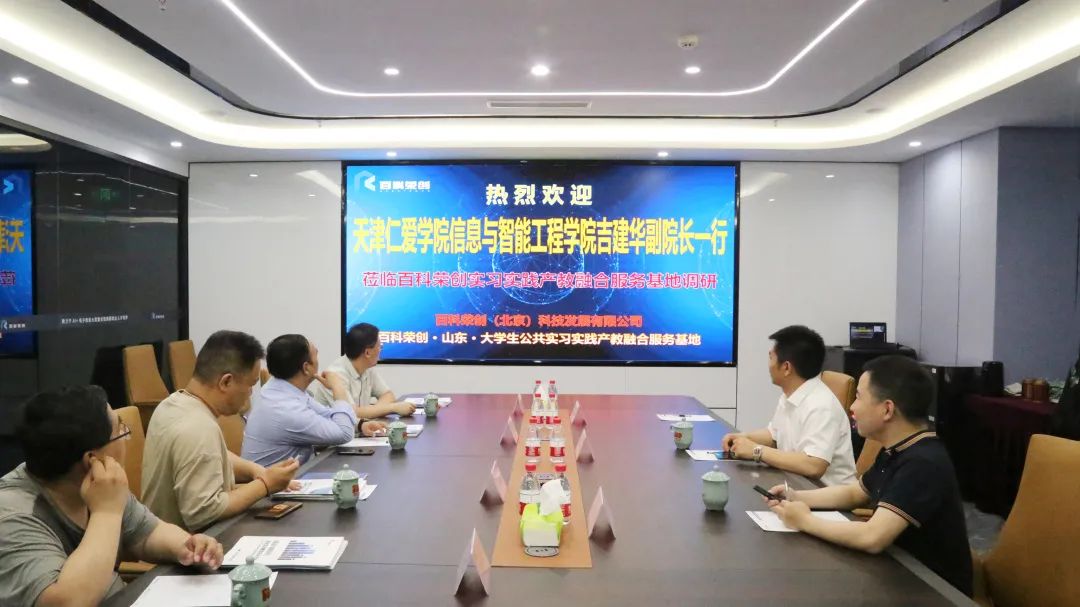
Vice Dean Ji Jianhua stated that Baike Rongchuang’s composite major construction plan and talent cultivation model align perfectly with the School of Information and Intelligent Engineering’s goal of cultivating “broad-based, strong-capability, high-quality composite and application-oriented talents with innovative spirit and practical ability.” This presents a broad prospect for cooperation, and both parties need to further connect and integrate deeply to implement various cooperation measures effectively.
During the seminar, both parties focused on organic connections in the school-enterprise cooperation mechanism regarding talent cultivation and high-quality employment, discipline competitions, extracurricular technological innovation, research platform construction, and faculty training. The three major heads communicated in-depth with industry engineers regarding talent positioning, professional curriculum systems, faculty teams, experimental training, and talent evaluation systems in relation to the cultivation plan’s directions such as “intelligent embedded system design, Internet of Things and artificial intelligence, artificial intelligence and signal processing,” to understand specific industry application scenarios and actual needs, clarifying future reform directions and goals.
The research team visited the enterprise’s industry-education integration service center and the public internship and practice base for university students, personally experiencing the “virtual simulation + real application” engineering practice center in practical industry application scenarios such as smart agriculture, smart transportation, smart homes, and autonomous driving, gaining further insights into how “artificial intelligence +” empowers traditional industries.
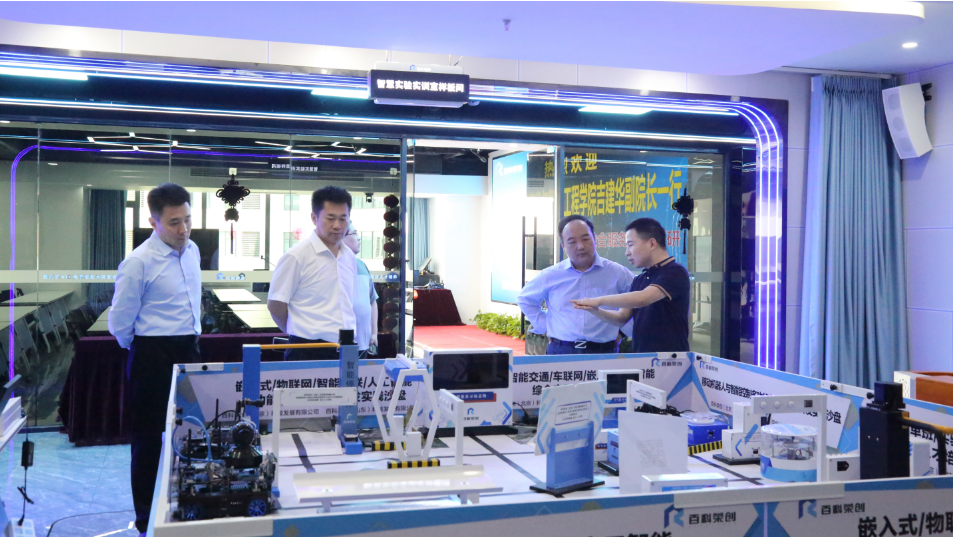
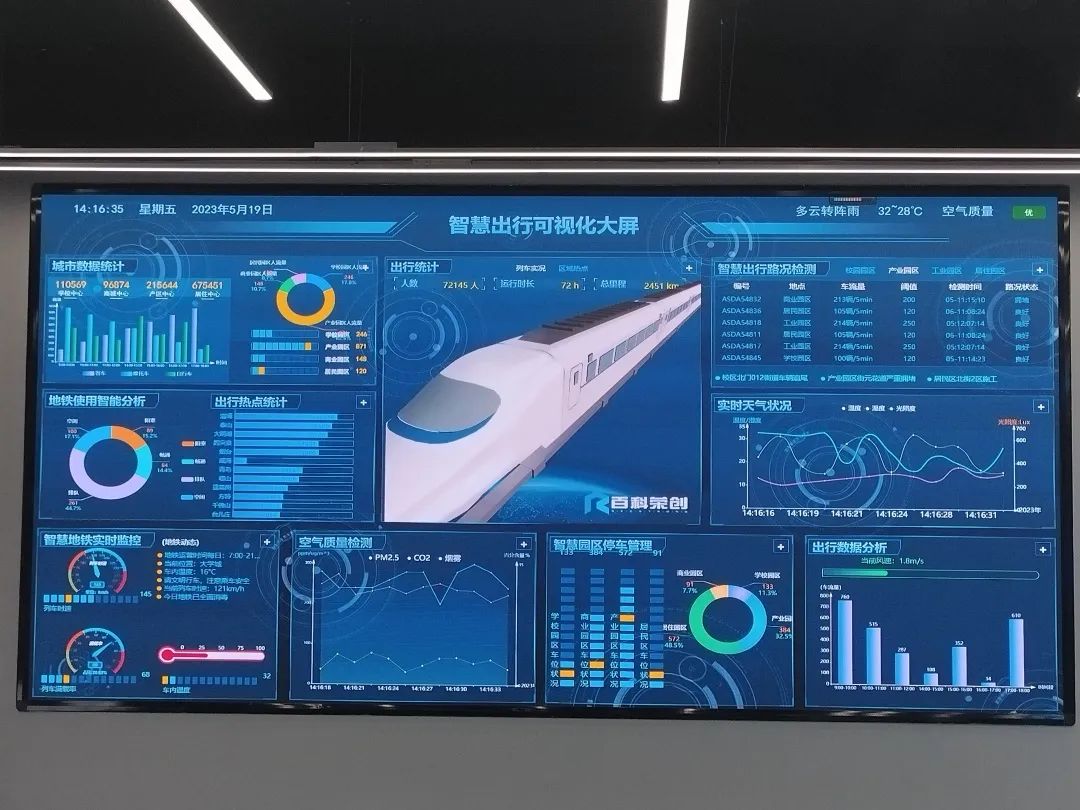
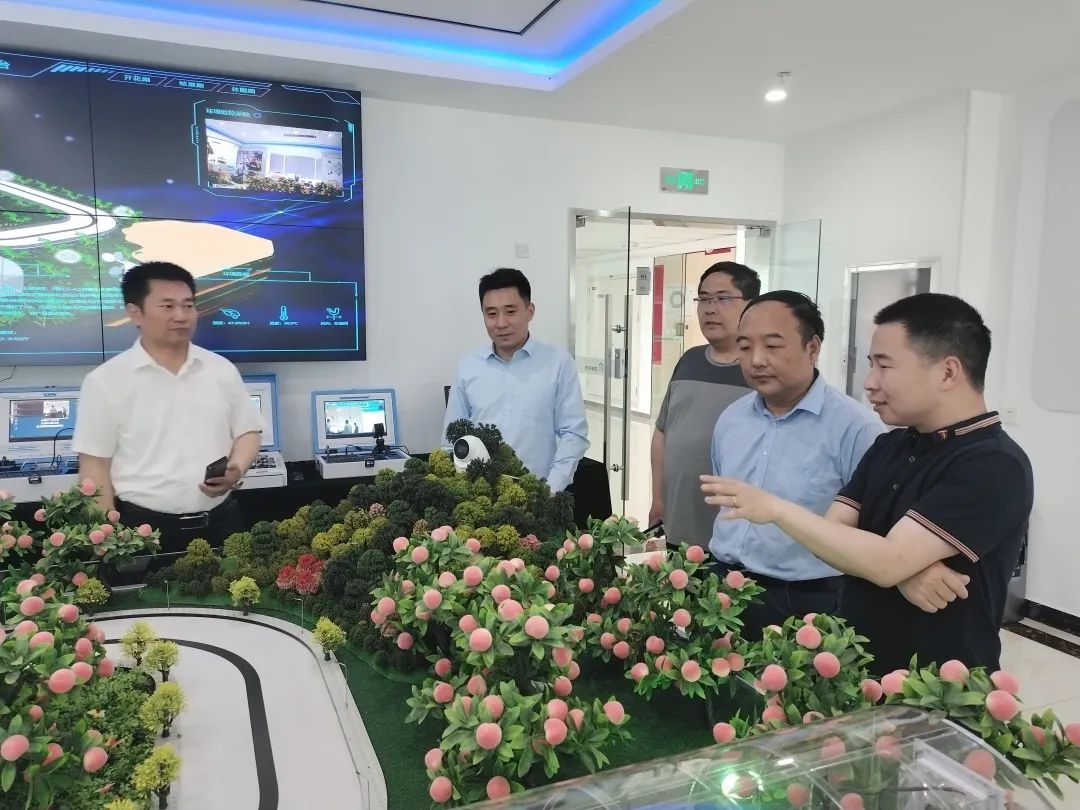
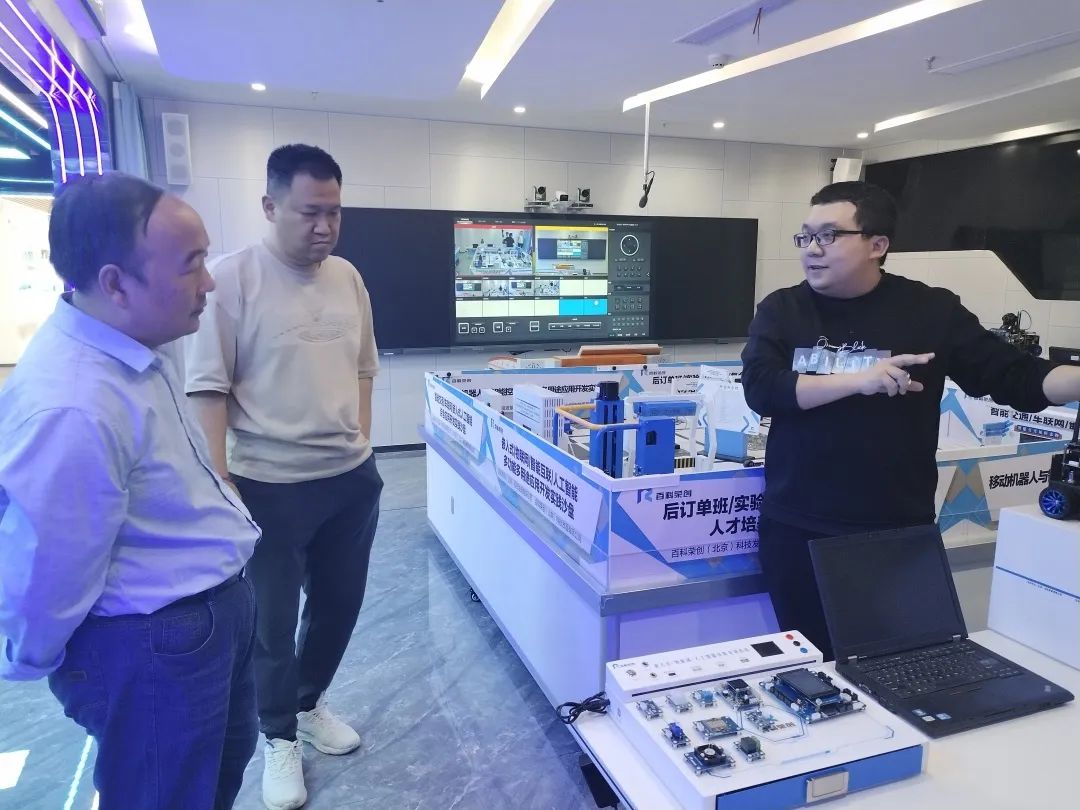
During this research and inspection activity, both parties reached multiple cooperation intentions. In the future, they will implement order-based training by setting up innovative elite classes, regularly conduct training courses for teachers on the application of artificial intelligence technology, involve enterprise lecturers in classroom teaching, jointly apply for research projects, and strongly support discipline competitions, achieving deep integration between schools and enterprises, mutual benefit, and win-win outcomes. This will further enhance the cultivation of high-quality composite talents in “artificial intelligence + profession,” optimize the talent cultivation system, improve the quality of talent cultivation, and enhance the employment competitiveness of graduates.

Image source / School of Information and Intelligent Engineering
Image layout / Pan Hong
Editor / Liu Yao